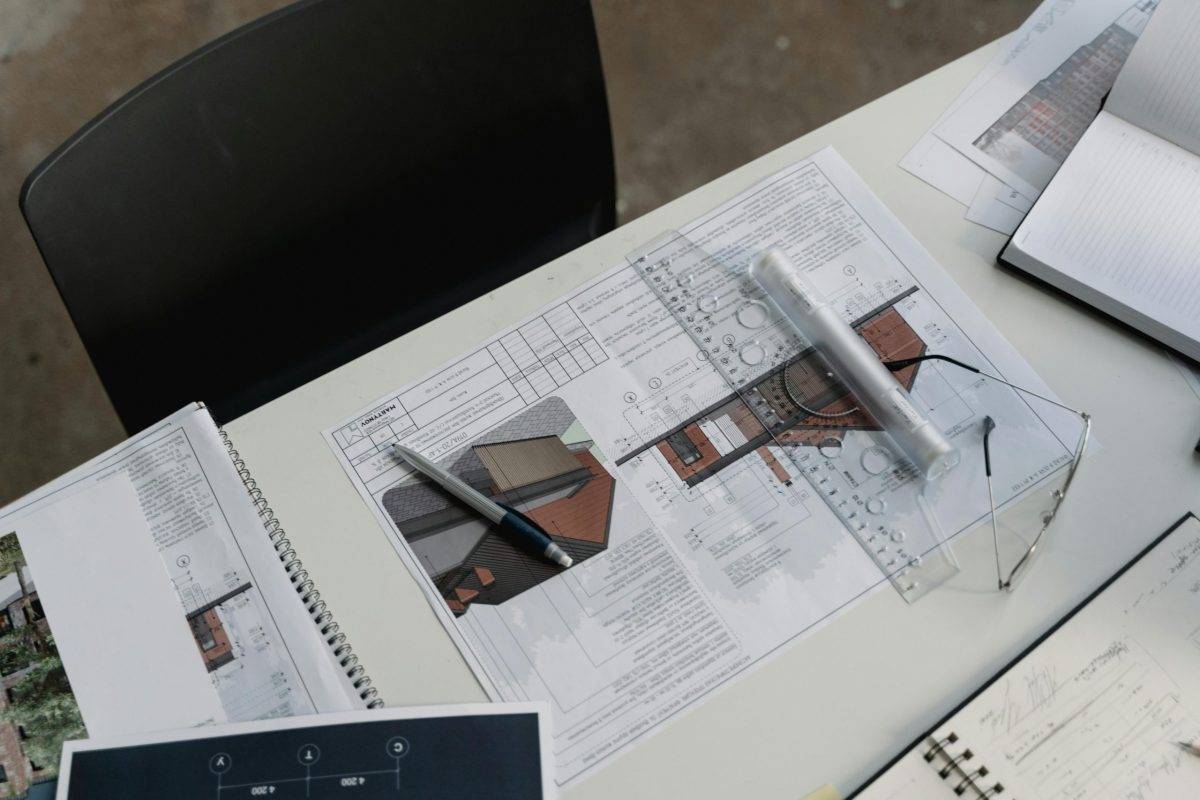Nonconforming Use in Property Zoning: What Buyers and Sellers in Macon Should Know
If you’re exploring real estate in Macon, Georgia, you may encounter the term “nonconforming use.” At first glance, it can sound confusing, or even concerning, but understanding what it means is essential for anyone buying, selling, or investing in property. Nonconforming properties are not inherently risky; they simply reflect how zoning laws evolve over time and how certain older uses are allowed to continue under specific conditions.

What Is a Nonconforming Use?
A nonconforming use occurs when a property is being used in a way that doesn’t fully comply with current zoning regulations but was legally established before those regulations changed. Because zoning laws generally cannot be applied retroactively, these existing uses are often “grandfathered” and allowed to continue.
For example, imagine a property in Macon that was once zoned for a small retail shop in a now-residential neighborhood. Although new zoning may limit commercial activity in the area, the shop can continue operating because it was legally established before the zoning change. This is an example of a legal nonconforming use.
By contrast, an illegal nonconforming use exists when a property never complied with zoning laws, such as an unauthorized rental unit or unpermitted commercial structure. Local authorities may require these uses to cease or the structures to be removed. Knowing whether a property’s nonconforming use is legal or illegal is critical before making any investment.
How Grandfathering Works
Legal nonconforming uses are often “grandfathered” under local zoning laws. This status allows the property to continue its existing use, but certain conditions usually apply:
- The use must have been legally established before the new zoning law went into effect.
- The use must be continuous. If it stops for a period specified by Macon-Bibb County zoning regulations, it may be considered abandoned. Once abandoned, the nonconforming rights are typically lost.
For instance, consider a historic home in Macon with a small office space that was permitted under old zoning rules. As long as the office remains in use, it retains its grandfathered protection. If the office sits vacant for too long, the property may have to comply with current zoning regulations before it can be used for business again.
Common Situations Leading to Nonconforming Uses
Nonconforming uses often arise when zoning updates impact existing properties. Some typical scenarios include:
- Setback requirements: Older buildings may be closer to property lines than current zoning allows. If a structure is replaced or expanded, it must meet current setback rules.
- Lot coverage or building height changes: Properties built before updates may exceed current size or height restrictions, creating nonconforming conditions.
- Land use changes: A property that previously allowed multiple rental units, a home-based business, or commercial activity may now be limited under current zoning, while existing uses remain legal.
Nonconforming issues can also appear when historic preservation regulations overlap with modern zoning codes. In Macon, where many neighborhoods contain homes and buildings with long histories, it’s not uncommon for older properties to fall into nonconforming categories. Understanding these nuances is important for both buyers and sellers.
Why Nonconforming Uses Matter to Buyers
For buyers, knowing whether a property has a nonconforming use is key to making informed decisions. It affects:
- Future renovations or expansions: Some nonconforming properties may face limitations on adding structures or making changes. Buyers need to know these restrictions to avoid costly surprises.
- Investment potential: Nonconforming rental units or commercial uses may be attractive to investors, but only if the use is legal and continuous. Understanding grandfathered rights helps assess long-term viability.
- Compliance and risk: Buyers can avoid legal complications by confirming that a property’s nonconforming use is approved and properly documented.
Why Nonconforming Uses Matter to Sellers
Sellers benefit from understanding nonconforming uses because:
- It can be a selling point: A grandfathered use that is no longer allowed under current zoning may add value to the property.
- It ensures transparency: Clearly disclosing nonconforming uses protects sellers from future legal disputes and builds buyer confidence.
- It informs pricing: Properties with grandfathered rights may be priced differently than those fully compliant with current zoning laws, reflecting unique opportunities or limitations.

Working with Local Authorities
In Macon, the Macon-Bibb County Planning & Zoning Commission is an invaluable resource for understanding zoning regulations, nonconforming uses, and property rights. Whether you are a buyer, seller, or investor, consulting the Commission can clarify whether a nonconforming use is legal, what grandfathered rights apply, and any restrictions on renovations or future uses.
It’s also helpful to work with Joanna “JoJo” Jones, a local top real estate professional JoJo can guide you through the process, explain local ordinances, and ensure you make informed decisions.
Tips for Navigating Nonconforming Properties in Macon
- Verify legal status: Always confirm whether a nonconforming use is grandfathered or illegal before making an offer.
- Understand continuity rules: Ask how long a nonconforming use can remain inactive before it is considered abandoned.
- Check improvement limitations: Determine whether any planned renovations or expansions will trigger compliance with current zoning rules.
- Consult professionals: Engage a local real estate agent like Joanna “JoJo” Jones, attorneys, and city planning staff to clarify rights and restrictions.
- Factor nonconforming use into value: Consider how the grandfathered rights might enhance or limit the property’s investment potential.
Bottom Line
Nonconforming uses are a normal part of evolving zoning regulations and don’t automatically pose risks for buyers or sellers. By understanding the definition, legal protections, and local regulations in Macon, you can make confident decisions and take full advantage of a property’s potential. Whether you’re buying your first home, selling a historic property, or evaluating an investment, knowing about nonconforming uses is a critical part of navigating Macon’s dynamic real estate market.


